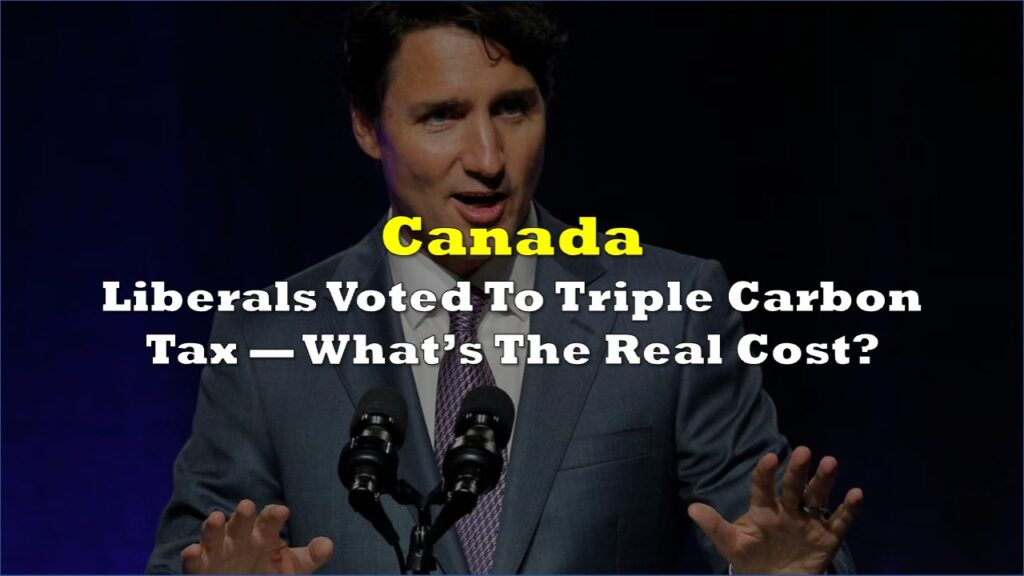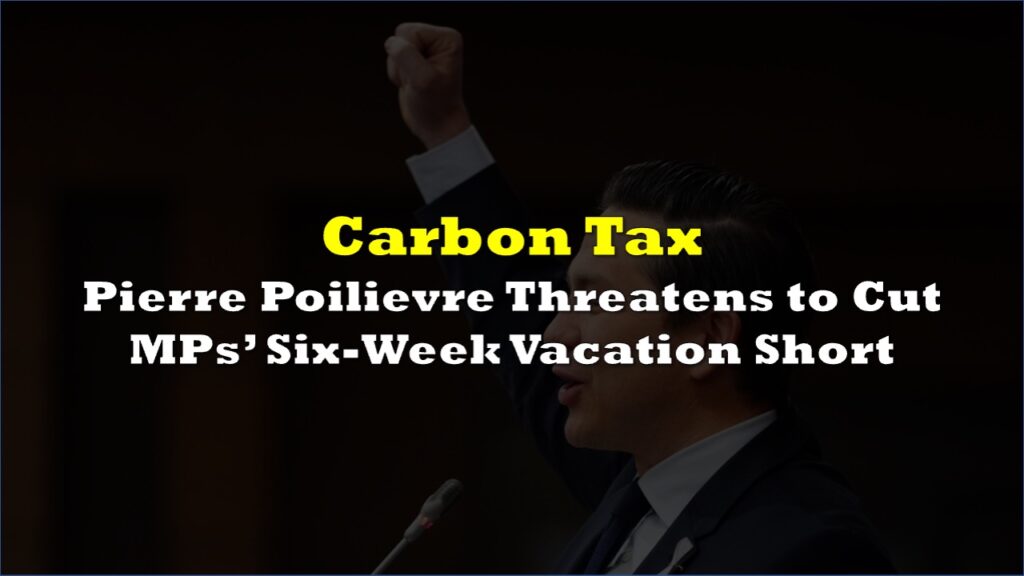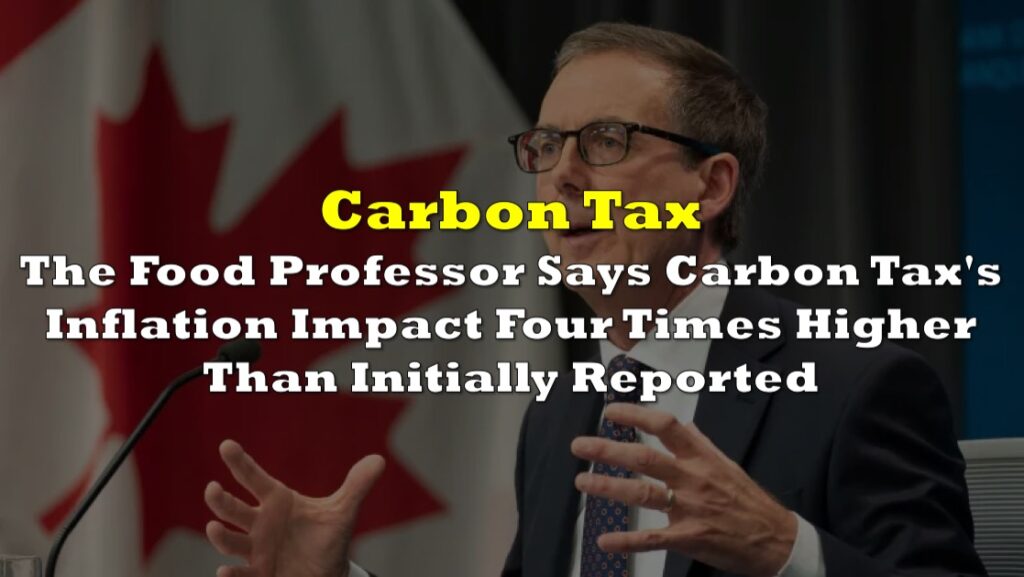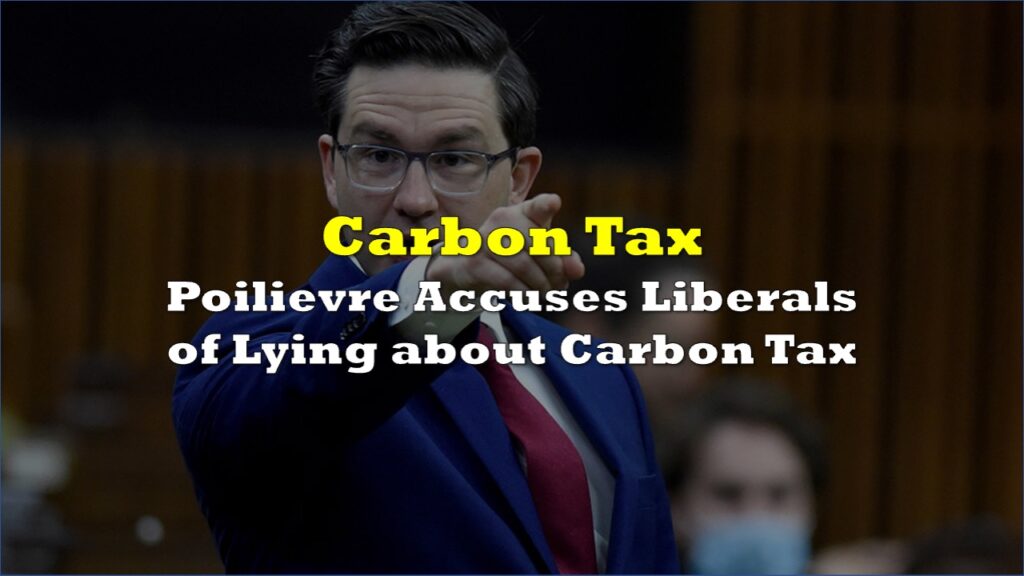Nova Scotians are bracing themselves for the most significant carbon tax increase in Canada, set to take effect on July 1, as reported by the Canadian Taxpayers Federation.
The advocacy group highlights that this surge in taxes will be felt significantly by residents, with motorists already anticipating a $10 increase in taxes for filling up their minivans compared to the previous day.
“A family filling up a minivan in Halifax on June 30 will pay $37.50 in taxes for just a single fill-up. But if that family were to go to the pumps the next day, their total tax bill would be $47.85,” according to the group.
The current cap-and-trade system in the province imposes a two-cent per liter tax at the gas pumps, but it will be replaced by the federal carbon tax, which adds an additional 12 cents per liter of fuel.
The group criticized the federal government for leaning toward the “punishing” carbon tax rather than basing their moves on evidence, writing that evidence from the province emissions can indeed be reduced without “taxing themselves to misery.”
“Nova Scotia is already a national leader in reducing carbon emissions and fighting climate change,” Premier Tim Houston in his plea to the Trudeau government not to impose a carbon tax on Nova Scotia last year. “We can achieve our ambitious GHG targets without a punishing federal carbon tax.”
The province transitioned from non-renewable energy sources, like coal, to renewable energy sources, including wind and solar. It reduced its emissions by 36% from 2005 levels and is on track to meet the federal target of 40% by 2030.
The Parliamentary Budget Officer estimates that the carbon tax will cost the average Nova Scotia family $431 annually, after factoring in government rebates.
While other provinces are contemplating a 2.2-cent per liter increase in their own carbon taxes, Federal Environment Minister Steven Guilbeault rejected Nova Scotia’s alternative due to the absence of a carbon consumption price.
Federal rebates, amounting to $248 per quarter, will be distributed to Nova Scotia families, and it is anticipated that the carbon tax will continue to rise annually until 2030, potentially tripling over that period.
This is ridiculous.
— Pierre Poilievre (@PierrePoilievre) June 25, 2023
By 2030, Trudeau's carbon taxes will cost the average Nova Scotian family $2,148 annually.
Axe the tax. Bring home lower prices.https://t.co/0EyzLmlBdE
Information for this story was found via CTV News, Canadian Taxpayers Federation, and the sources and companies mentioned. The author has no securities or affiliations related to the organizations discussed. Not a recommendation to buy or sell. Always do additional research and consult a professional before purchasing a security. The author holds no licenses.









